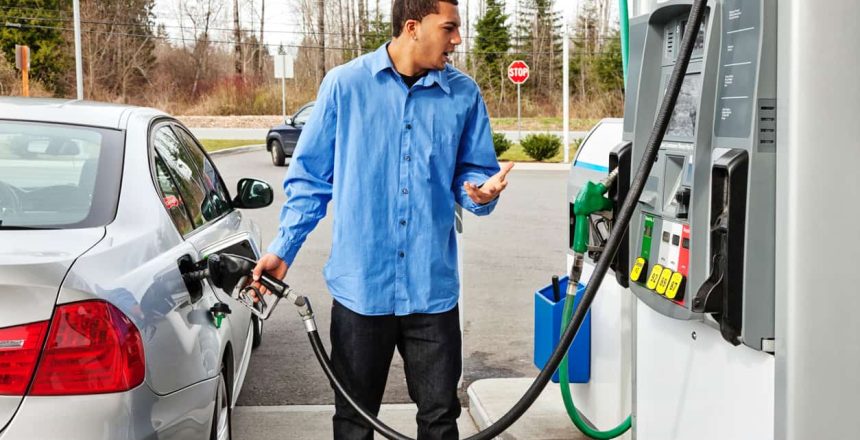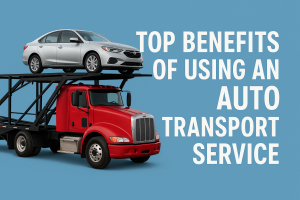The cost of crude oil is only part of the equation, as many other factors determine the final price.
Heading to the gas pumps is often a painful experience with the national average price per gallon sitting at $3.166 during the summer of 2021. This rate is 97.8 cents higher than in the summer of 2020, and there’s no telling how high gas prices will go in the coming years.
Consumers all over the country know that gasoline prices are high, but few are aware of what determines these rates. Some believe that gas prices are directly tied to the cost of crude oil. While there is some truth to that sentiment, other factors also contribute to the amount you pay at the pump.
Various government entities and the retailers themselves have a hand in setting these prices, as there are multiple pieces to the gas price puzzle. Here’s a look at how those pieces come together to determine gas prices at stations throughout the United States.
Key Takeaways
- Many variables determine gas prices
- Crude oil is the most significant part of it
- Taxes, refining costs, transportation, and profit are other factors
- Your car shipping quote includes fuel surcharges to provide cost certainty
Crude oil prices
The actual product you’re putting into your vehicle comes from crude oil, so it makes sense that it would make up a significant portion of your cost at the pump.
Crude oil accounts for about 53% of fuel prices, on average, although that number dropped to 43% in 2020 when oil prices tanked in the early days of the pandemic.
The takeaway is that crude oil prices vary greatly, and the commodity can be pretty volatile at times. This volatility is particularly noticeable when there’s unrest in the Middle East or other oil-producing locations.
Supply typically influences prices, so crude oil prices are likely to increase if a conflict or political standoff diminishes supply. When a 42-gallon barrel costs $50, it translates to about $1.19 per gallon at the pump. If the same barrel costs $70, the at-the-pump price increases to $1.67 per gallon.
However, those numbers don’t include the other factors that go into determining gas prices.
Refining costs
It should come as no surprise that the oil that comes out of the ground isn’t what you put into your vehicle. The product goes through a refining process that is responsible for about 12% of what you’ll pay at the pump.
It’s worth noting that the refining process varies based on the location. Some states have stricter controls on the fuel you can burn than others, which directly influences gas prices.
States with more extensive emissions controls might force gas producers to include additional ingredients or additives in the gasoline to ensure it’s up to standard. Different processing technologies also influence this process.
The result is that some states have far higher gas prices than others, and that’s before adding the tax situation to the equation.
Taxes
Of course, every level of government takes its cut by applying taxes to the sale of gasoline. Federal, state, and local taxes apply in most locations, and the amount is significant.
For starters, the federal government taxes gasoline at a rate of 18.4 cents per gallon. So, if your car has a 20-gallon gas tank, you’re paying $3.68 to the federal government every time you fill it.
That’s not all, though, as every state government in the country taxes gas sales, too.
California has the highest state tax at 61.2 cents per gallon, while Alaska has the lowest at 14.66 cents per gallon. The result is California drivers paying nearly 80 cents in tax per gallon of gasoline they purchase.
Nationally, taxes average about 17% of the total price of fuel.
These taxes are frustrating because they’re clearly adding to what drivers pay at the pump. There’s more to it, though, as getting the fuel to individual gas stations and the expenses and profits of these retailers are also factors.
Transportation and profit
Finally, the fuel has to reach its destination, and the gas station has to turn a profit on the product. These costs generally make up about 18% of the price at the pump, although that varies based on the distance of the station from the terminals that receive pipeline deliveries and the retailer’s expenses.
A gas station that can’t attract employees might offer higher wages and, therefore, charge more for gasoline. The same goes for remote places where finding workers can be a challenge.
Expenses like lease payments, overhead, equipment, business taxes, and insurance all factor into the costs the retailer takes on. Many of these expenses pass on to the consumer, which is why gas prices can vary so significantly within a state.
The retailer will also want to profit from this process, as much as they can while keeping prices competitive, which is another addition you can expect to your final gas bill.
The auto transport industry
Gasoline can be a significant expense when traveling across the country, particularly if you pass through remote areas or high-tax states that could have more expensive gas prices. There isn’t much you can do about these prices except pay them, although shipping your vehicle could be a solution.
When you hire an auto transport company to move your vehicle for you, gas prices are built into your quote. You won’t have to worry about filling up your car along the way because the shipping vendor will take it from point A to point B for you.
The result is more cost certainty during your travels and less sticker shock than you’d face filling up your vehicle at the various gas stations around the country.
Mercury Auto Transport provides car shipping brokerage services across the United States. We can present you with quotes from reputable carriers that are insured and licensed by the Federal Motor Carrier and Safety Administration, so you can be confident that your vehicle is in good hands. Contact Mercury Auto Transport to learn more about shipping your car today.






